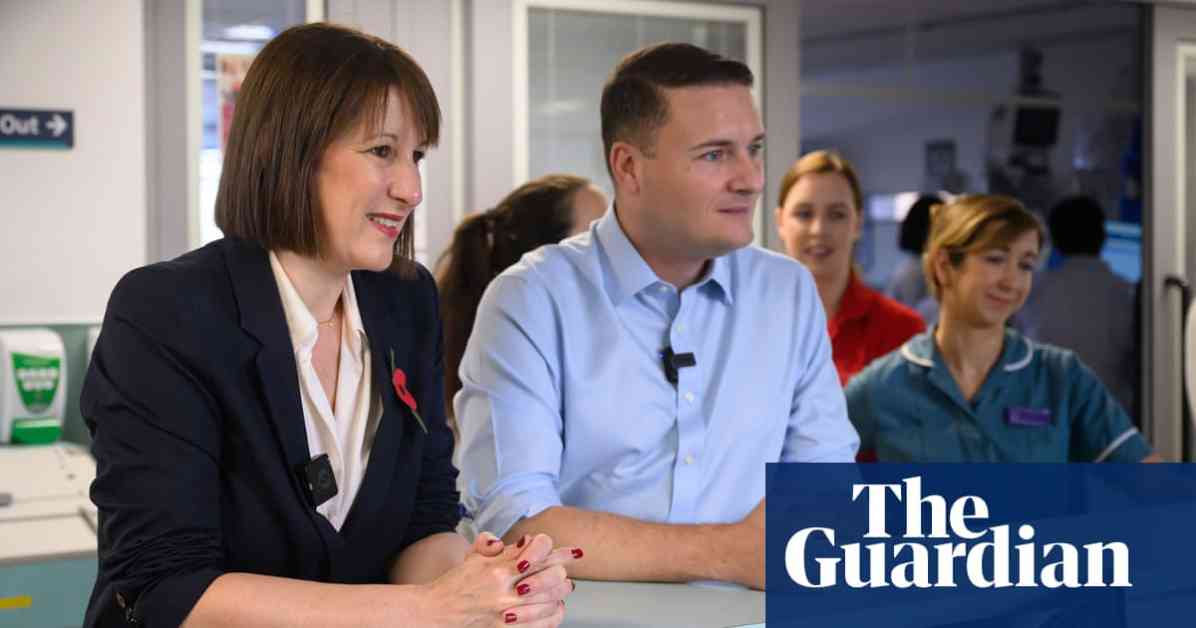Labour ministers have announced plans to increase the budget for the NHS in order to address neglect and improve services. The funding will aim to revive a struggling NHS that is facing record waiting lists for appointments and treatments. Chancellor Rachel Reeves stated that the measures to be announced on Wednesday will help end the neglect of the health service by providing more surgical hubs and radiotherapy machines. This initiative is expected to create an additional 40,000 appointments per week.
The government is anticipated to boost NHS annual funding by at least 4%, which could mean an injection of around £7 billion into the health budget in England. This significant increase in funding is part of a larger effort to set the course for the next five years and make tough decisions to improve public services, investments, and growth.
Prime Minister Keir Starmer emphasized the importance of taking difficult decisions now to build a strong foundation for the future. He highlighted the need to avoid another budget of this magnitude in the near future, as the current measures are responding to unprecedented crises.
Tax rises are expected to be implemented, particularly affecting employers’ national insurance contributions, to support the planned investment in the NHS. The government is also considering changes to capital gains and inheritance tax, as well as extending the freeze on tax thresholds.
In addition to the increased NHS funding, Chancellor Reeves announced a £240 million package to accelerate the rollout of local services to assist people in returning to work. The “Get Britain Working” scheme will provide support for individuals with disabilities or long-term illnesses in terms of work, skills, and health.
During a visit to St George’s hospital in south London, Reeves and Health Secretary Wes Streeting reiterated the importance of making hard choices to ensure necessary public spending. They acknowledged that the NHS is facing challenges but expressed optimism about rebuilding and focusing on elective treatments.
The budget announcement also includes funding for surgical hubs, scanners, and radiotherapy machines to address the backlog of patients waiting for treatments. While these investments are steps in the right direction, experts have pointed out that more funding is needed to fully address the issues within the healthcare system.
For instance, replacing outdated radiotherapy machines alone could cost over £240 million, and investing in cancer treatment could significantly reduce waiting lists and improve patient outcomes. Professors and experts in the field emphasize the importance of timely treatment for cancer patients and the need for substantial investments to meet healthcare targets.
Overall, the budget increase for the NHS is a critical step towards improving healthcare services, addressing neglect, and reducing waiting times for patients. The government’s commitment to making tough decisions now to secure a better future for public services is encouraging, but further investments and reforms may be necessary to fully revitalize the healthcare system.












